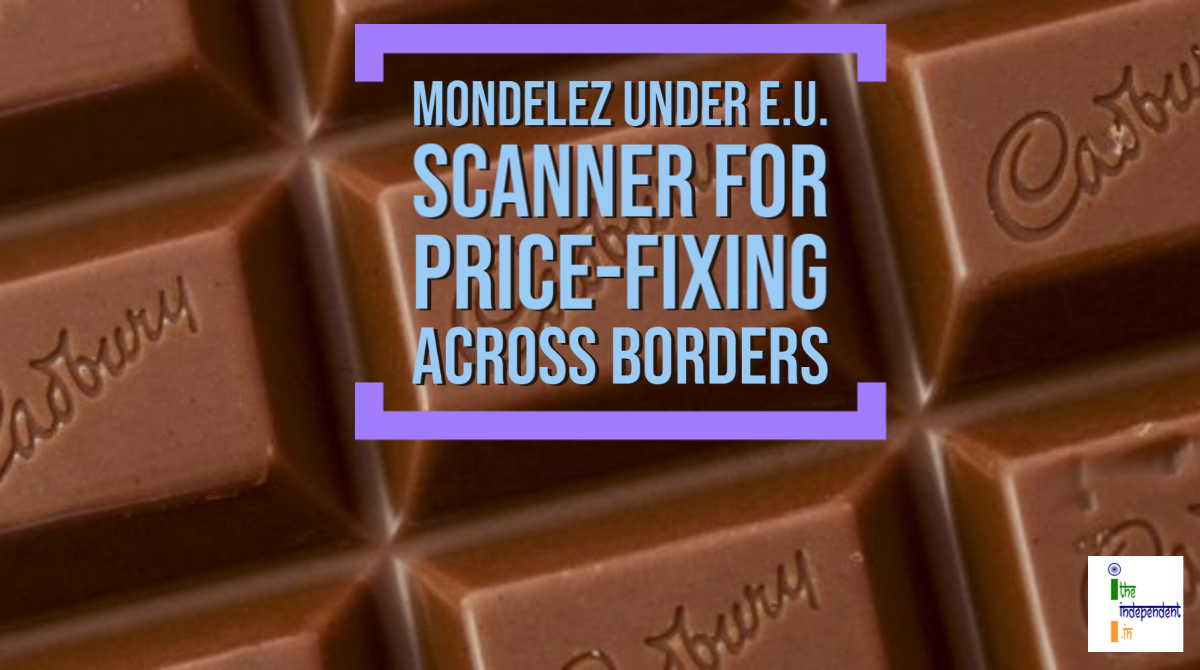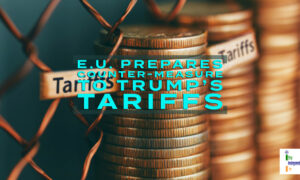
E.U. regulators are concerned that Mondelez restricted trade across borders between E.U. countries, pushing up prices for its products
The European Union’s (E.U.’s) antitrust regulator Brussels has launched an investigation against Mondelez International, the owner of leading chocolate brand ‘Cadbury’, over price-fixing charges.
Cadbury, formerly Cadbury’s and Cadbury Schweppes, is a British multinational confectionery company which is wholly owned by Chicago-based Mondelez International (originally Kraft Foods) since 2010. It is the second largest confectionery brand in the world after Mars. Headquartered at Uxbridge in West London, Cadbury operates in more than 50 countries worldwide.
The E.U. regulators are concerned that Mondelez restricted trade across borders between E.U. countries, pushing up prices for its products. In the E.U. single market, retailers and traders try to buy products where they are cheaper and trade them in countries where the prices are higher. This tends to push the prices down in the more expensive countries.
However, the formal investigation will look at whether Mondelez limited where traders could buy and sell products to particular sales territories. If Mondelez is found guilty of anti-competitive behaviour, it would be in breach of E.U. antitrust rules. The E.U. will also see if Mondelez raised the prices or limited the volumes for firms that traded across the E.U.
It will probe whether Mondelez paid or compensated firms so they wouldn’t make that kind of cross-border trade, and whether it refused to supply certain traders to restrict imports.
Speaking on the occasion, the Executive Vice President of the European Commission for A Europe Fit for the Digital Age – Margrethe Vestager said, “Chocolates, biscuits and coffee are products consumed by European citizens daily.”
She further said, “We are opening a formal investigation to see whether Mondelez, a key producer of these products, might have restricted free competition in the markets concerned by implementing various practices hindering trade flows, ultimately leading to higher prices for consumers.”
Talking about the investigations, Mondelez said, “We learnt about the European Commission’s announcement that it has opened a formal investigation into Mondelez International’s practices related to the cross-border supply of products within the European Economic Area.”
Assuring E.U. of co-operation, Mondelez said, “We will work constructively with the European Commission as it conducts its review.”
Included in the investigation are possible restrictions on languages used on packaging, deals that potentially undermine the choice of countries a trader can sell and whether parallel trading has led to an increase in prices or limited volumes for customers across the bloc.
The trouble for Mondelez started when Commission investigators made a series of raids at Mondelez premises in November 2019 after receiving reports that there is vast variation on process of food and drinks across the member states. In the same year, Mondelez reported sales in tune of U.S. $ 25.9 billion (£ 19 billion) worldwide.







